The views expressed in our content reflect individual perspectives and do not represent the authoritative views of the Baha'i Faith.
You may know Carole Lombard as an icon of cinema, one of the greatest actresses of all time—but do you know anything about her spiritual life?
The American Film Institute named her one of the greatest American female screen legends. She has a star on the Hollywood Walk of Fame. She received an Academy Award nomination for Best Actress before her stellar career was tragically cut short at 33 in an airline crash. Today you can find hundreds of videos, websites, books and blogs that celebrate not only Carole’s famed career, but also her devoted marriage to Clark Gable, her indomitable spirit and admirable character. While many people know Carole Lombard for her artistic skill, her integrity and her legendary kindness, few people know that Carole Lombard was a Baha’i.
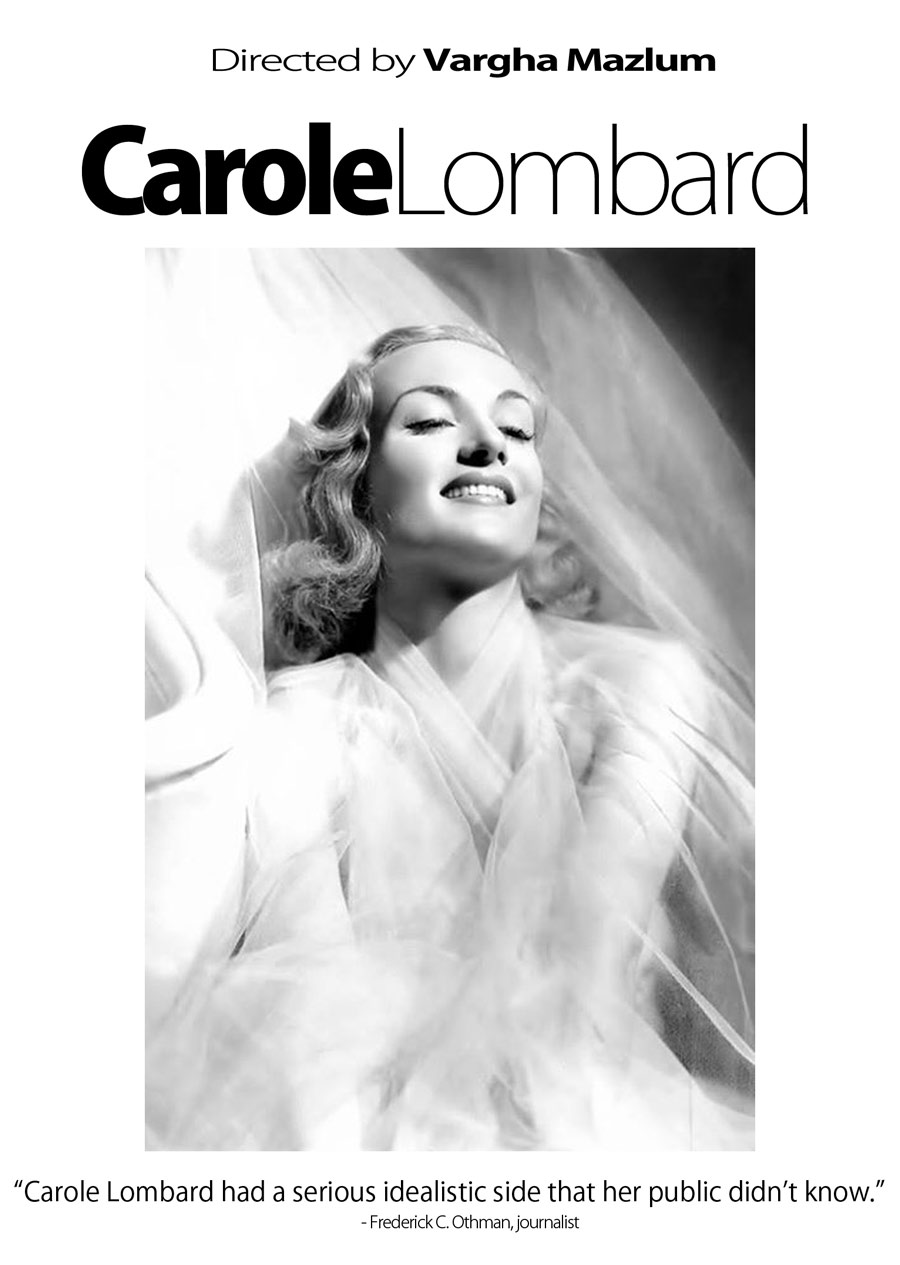 That will change now, because a just-released documentary about her remarkable life—called “Carole Lombard”—reveals new discoveries about the great actress’s inmost reality.
That will change now, because a just-released documentary about her remarkable life—called “Carole Lombard”—reveals new discoveries about the great actress’s inmost reality.
Carole Lombard’s star shone brightest during some of the darkest days in world history. In the 1930s, while millions of people around the globe struggled to survive under the crushing weight of the Great Depression and the rise of dictatorships, movies became a favorite escape from life’s trials and tribulations. At the top of the public’s must-see list: screwball comedies and Carole Lombard, the queen of the comedic genre.
During the Great Depression, issues of money and class rose to the forefront of the world’s consciousness. Screwball comedies addressed those issues by playing with class differences—elevating the poor, satirizing the rich and letting them mix in ways they rarely did in real life. Elegant but accessible, beautiful yet unpretentious, lovable and wacky, Lombard fostered a strong sense of identification with her audience. Her fans recognized in her the small-town girl who had made good despite the odds, and, by 1937, their embrace of her made Carole one of the world’s most popular actresses and the highest-paid star in Hollywood. The press widely reported on her unheard-of and heavily-taxed salary of $450,000 a year from Paramount. Carole said:
I get 13 cents on the dollar and I know it. So I don’t figure that I’ve earned a dollar, I figure that I’ve earned 13 cents. And that is all right with me, too. We still don’t starve in the picture business after we’ve divided with the government. Taxes go to build schools, to maintain the public utilities we all use, so why not?
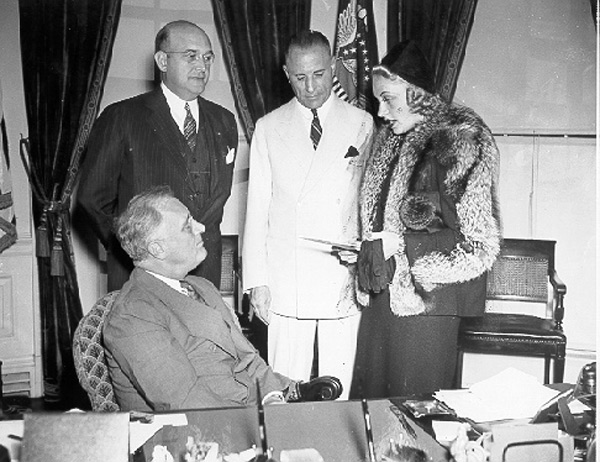
Carole Lombard visiting Franklin Roosevelt in the oval office.
Carole’s comments earned her effusive praise, and President Franklin D. Roosevelt sent her a personal letter of commendation for her stand on the fairness of taxing the wealthy, which, he said, would serve as an example and inspiration for millions of taxpaying Americans.
Before now, though, many questions about Lombard’s life have remained unanswered. How did she hear about the new, emerging Baha’i Faith, and how did its progressive teachings influence her? Did she share her belief with others? How did she exemplify that belief in her roles and in her humanitarian work?
Now, thanks to the help of many archives—from the Baha’i World Centre in Israel to the Franklin Delano Roosevelt Archives—a remarkable story has emerged of an actress who stands as a Hollywood icon, not only for her artistic achievements but for her integrity and her deep spiritual love for everyone who crossed her path.
Carole Lombard’s mother, Elizabeth Knight Peters (Bess), hailed from the affluent Knight family of Fort Wayne, Indiana, her grandfather one of the financiers of the first transatlantic cable. During the flood of 1913, Bess’ fortitude made a permanent impression on her 8-year-old daughter. Amid chaos, Bess emerged as a leader, masterminding the logistics of evacuating and hosting refugees. Carole and her two older brothers helped, and helping others became an integral part of Carole’s philosophy of life.
In 1916 Bess and her three children moved to a new home in Los Angeles. Their new neighbors, Orol and Arthur Platt, had recently accepted the emerging Baha’i Faith. Mrs. Platt had the honor of receiving four personal letters from Abdu’l-Baha. In April 1914 she wrote him about the gatherings she held in her home for studying the Baha’i Faith. He replied:
O thou seeker of the Kingdom of God! It is my hope that all of you will be united together, raise the melody of the Kingdom of God and become the means of the manifestation of the oneness of the world of humanity.
After they met Orol, Bess and Carole regularly attended the meetings in the Platt’s home and expressed keen interest in the Baha’i teachings. Carole loved the meetings and helped serve refreshments. In 1922, Carole’s mother Bess became a Baha’i. At a time when women had yet to gain the right to vote in much of the U.S., Bess also became a feminist in her own right, and so did her daughter. Bess encouraged Carole to believe that she could do anything a man could.
After being cast in her first film at 12 years old, Carole wrote to Abdu’l-Baha of her love for him, as well as her ambitions and her longing to become a successful actress. She said, “If only He approves, I shall not fail.” Abdu’l-Baha’s reply made Carole deliriously happy: he promised to pray for her to be an actress, and a successful one.
So Carole, determined to succeed, set out on her career. At 16, the Fox Film Corporation signed her to a contract; at 19 the “King of Comedy” Mack Sennett began featuring Carole in his popular movies, and by 1929, as the “talkies” displaced silent films, she began to get starring roles.
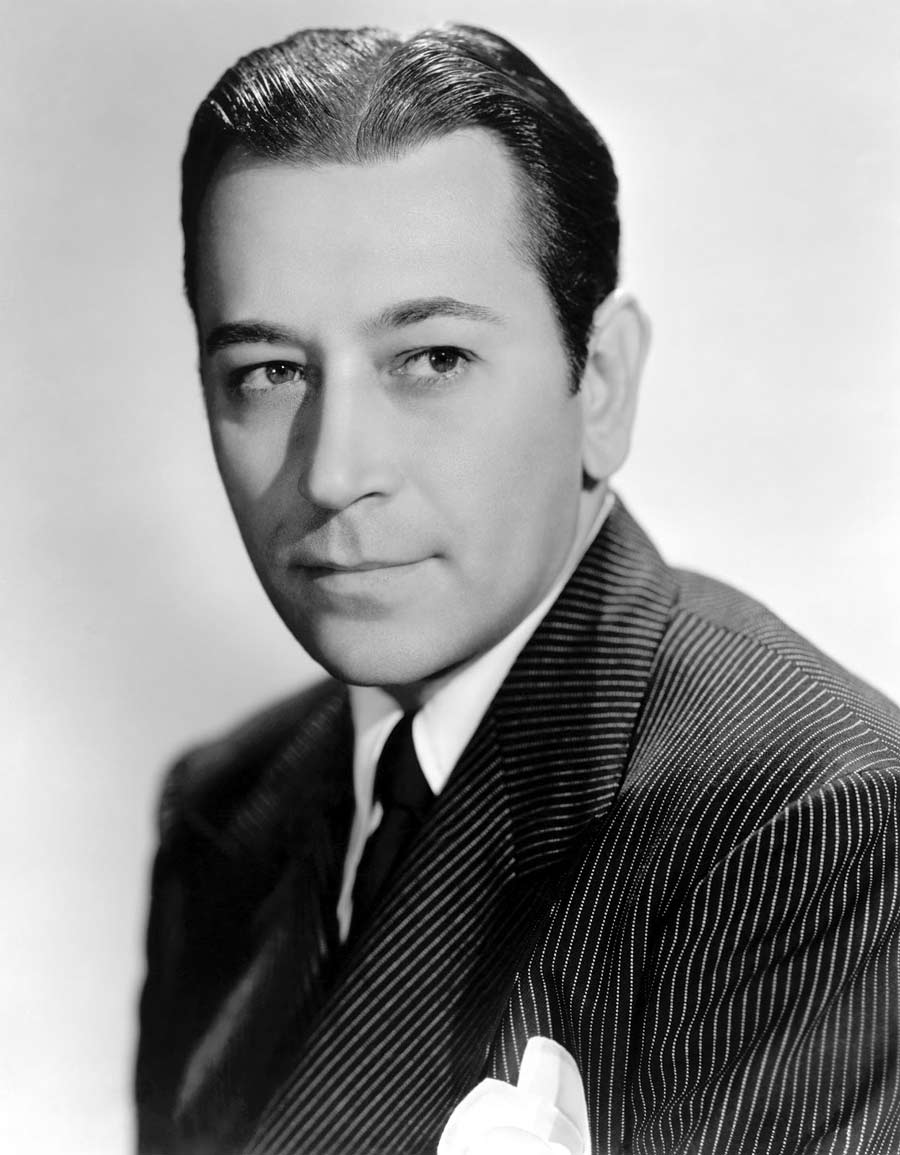
George Raft
But Carole Lombard was no regular Hollywood star. Known for her warm hearted nature, she insisted that all her coworkers be treated fairly, and she wasn’t afraid to use her new stature to protect them from being bullied by directors and studio executives who misused their power. During her years of stardom, she never had a dressing room, preferring instead to spend her breaks and lunches with the film crew. One of her co-stars, the actor George Raft, said “I truly loved Carole Lombard. She was the greatest girl that ever lived and we were the best of pals. Completely honest and outspoken, she was liked by everyone.”
By 1938, now one of Hollywood’s biggest stars, she married Clark Gable. During that happy year, Carole Lombard officially became a Baha’i. A family friend said: “The Carole who longed to meet Abdu’l-Baha, the Carole who planned to see him, the Carole who spoke with the writer of the service she wanted to render, this Carole few people knew.”
Carole played her last film role in Ernst Lubitsch’s To Be or Not to Be, a dark, controversial comedy that satirized the Nazis. Then, on a trip to raise funds for American war bonds to finance the war effort, Carole and her mother Bess died in plane crash in Nevada—exactly 75 years ago in 2017.
You can see the new documentary about Carole Lombard’s amazing life by purchasing a DVD here..
You May Also Like
Comments



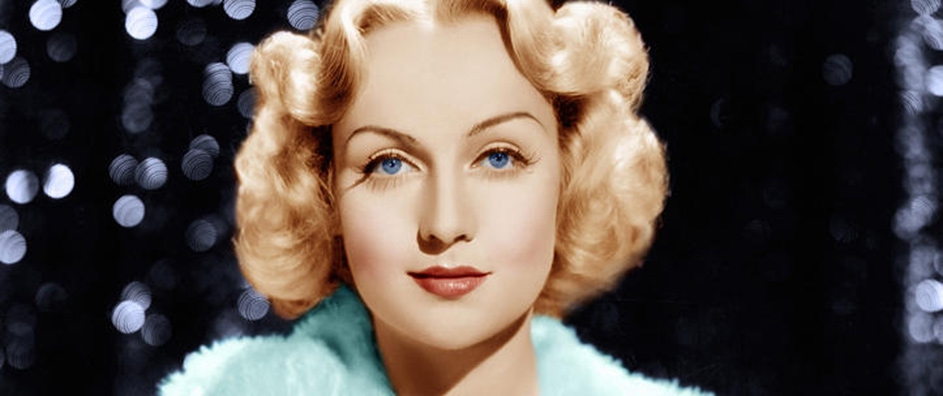


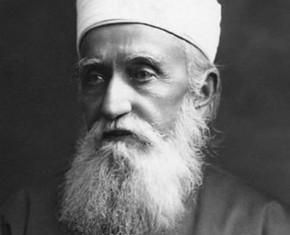
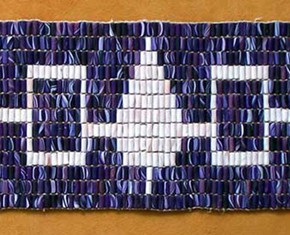









all ...the best
I didn't know about this famous actress and her belief in the Baha'i faith till my brother sent me the brief account of her short but meaningful life. God bless here and her dear mother souls in the realm above.